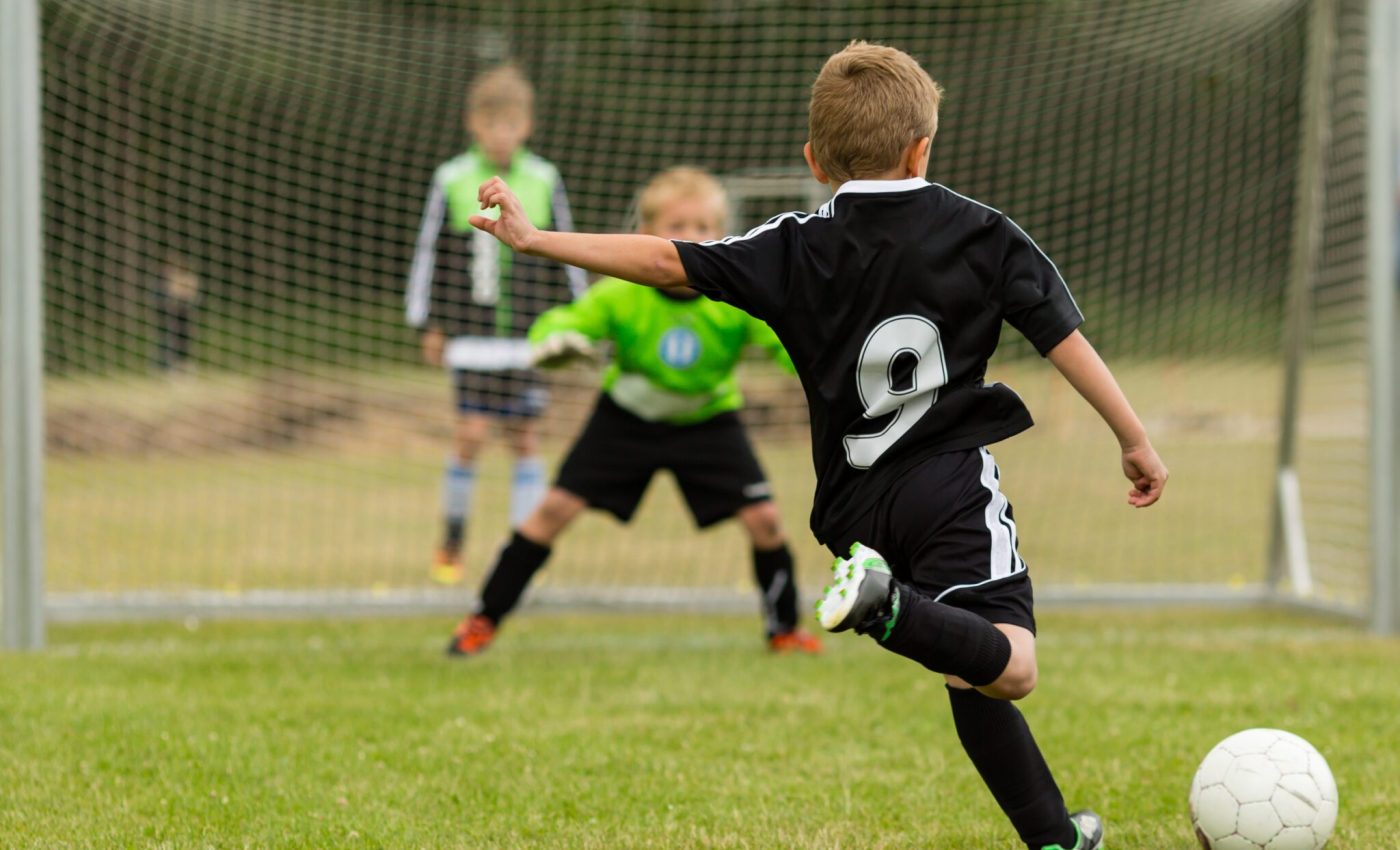Picture this: a young athlete, maybe your own child, steps onto the court or field. Their eyes gleam with a mix of excitement and perhaps a touch of nervousness. They take a shot, make a pass, or execute a play. In that moment, win or lose, something profound is happening beyond the scoreboard. It’s the quiet but powerful growth of their self-belief. Think back to a specific moment – maybe it was the triumphant grin after sinking their first basket in a real game, the determined look as they defended against a bigger opponent, or the shared high-five after a well-executed play during youth basketball camps. These seemingly small victories and challenges are the building blocks of something much larger: unwavering confidence. While the physical benefits of youth sports are widely acknowledged, the profound impact on a child’s confidence often flies under the radar. This blog delves into the dynamic relationship between sports, particularly team sports like basketball, and the blossoming self-assurance in young athletes, revealing how participation cultivates a deep-seated belief in their abilities that extends far beyond the playing field.
The Building Blocks of Confidence Through Sports
A. Achieving Goals and Experiencing Success:
Setting and achieving both individual and team goals, whether it’s sinking a free throw or winning a championship, provides a profound sense of accomplishment. The positive reinforcement and validation that come with success in sports are invaluable. Imagine the pride a young athlete feels after mastering a new dribbling technique or finally nailing that three-pointer they’ve been practicing.
B. Developing Resilience and Coping Skills:
Sports inherently involve setbacks, losses, and challenges. Learning to cope with these disappointments builds mental toughness and the belief in one’s ability to overcome obstacles. Think about a basketball player who misses a game-winning shot but comes back stronger in the next game, or a young athlete who perseveres through a tough practice despite fatigue. These experiences forge resilience. Youth basketball camps can be a great place to learn these skills in a supportive environment.
C. Fostering Teamwork and Belonging:
Being part of a team, like a basketball team, creates a sense of community and shared purpose. Contributing to a team’s success and relying on teammates builds trust and self-assurance. Working together on a fast break, supporting teammates during a slump, and celebrating collective achievements all contribute to a strong sense of belonging and confidence.
D. Improving Physical Competence and Body Image:
Developing physical skills and improving fitness levels through sports can lead to a greater sense of competence and self-efficacy. Feeling stronger, faster, more agile, and developing coordination all contribute to a positive body image and self-perception. The improved physical abilities gained from playing basketball, for example, can translate into increased confidence both on and off the court.
E. Learning Discipline and Perseverance:
The commitment, practice, and adherence to rules required in sports instill discipline and reinforce the idea that effort leads to improvement. Sticking with a sport despite challenges, whether it’s attending early morning practices or working towards long-term goals, teaches young athletes the value of perseverance. Youth basketball camps often emphasize these qualities, helping young athletes develop a strong work ethic.
The Role of Coaches and Parents
Coaches play a crucial role in fostering a positive and supportive environment where young athletes can thrive. Constructive feedback, encouragement, and a focus on effort rather than just the outcome are vital for building confidence. Parents also play a key role by providing support, positive reinforcement, and avoiding excessive pressure. Celebrating effort and progress, regardless of wins or losses, is essential for nurturing a child’s self-belief.
The evidence is clear: the journey through youth sports, especially dynamic team games like basketball, is intrinsically linked to the development of robust confidence in young athletes. It’s more than just learning to dribble or shoot; it’s about the accumulation of small victories, the resilience forged in the face of setbacks, the camaraderie built within a team, the tangible feeling of physical improvement, and the discipline ingrained through consistent effort. These aren’t just skills for the game; they are fundamental building blocks for a confident approach to all aspects of life.
Consider the young athlete who initially felt hesitant but, through the encouragement at youth basketball camps and the support of their team, gradually takes on more challenging roles. Witness their transformation from tentative to assertive, both on and off the court. This newfound self-belief, nurtured through the unique experiences sports offer, empowers them to tackle academic challenges, navigate social situations with greater ease, and approach future endeavors with a “can-do” attitude.
Ultimately, the lessons learned and the confidence gained on the field or court extend far beyond the final whistle. By providing opportunities for young athletes to participate in sports, we are not just fostering physical health; we are investing in their psychological well-being and equipping them with a powerful tool – unwavering self-confidence – that will serve them throughout their lives. So, whether it’s cheering from the sidelines or enrolling them in youth basketball camps, let’s champion their athletic pursuits and celebrate the remarkable confidence they build along the way. What are some of the confidence-boosting moments you’ve witnessed in young athletes? Share your stories in the comments below!








